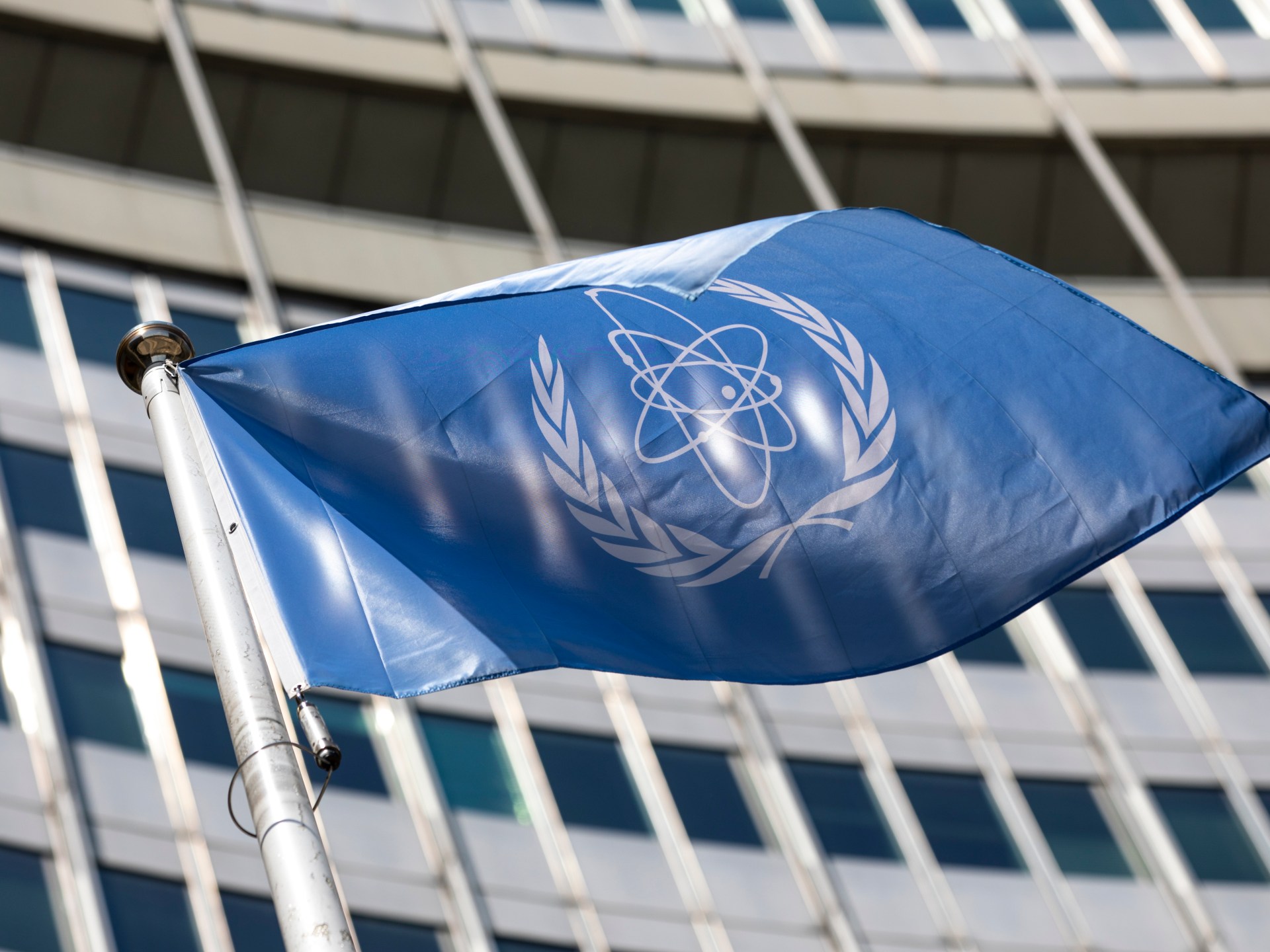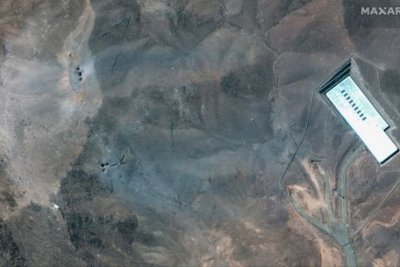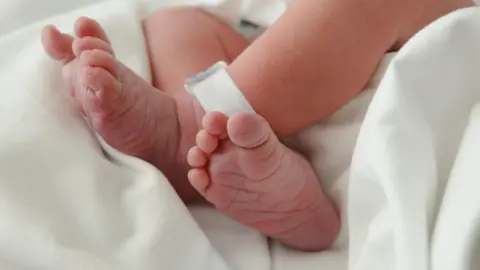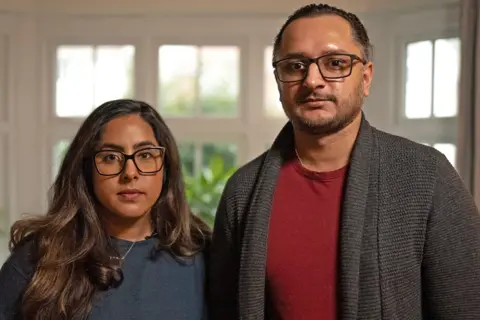Iran says return of IAEA inspectors is not resumption of full cooperation | Nuclear Weapons News
There is no final agreement between the IAEA and Iran yet, says Iranian foreign minister, but talks will continue.
Iran says the return of inspectors from the International Atomic Energy Agency (IAEA) does not mark the resumption of full cooperation with the United Nations nuclear watchdog.
Inspectors from the IAEA have entered Iran with the consent of Iran’s Supreme National Security Council, Iran’s foreign minister said on Wednesday.
“No final text has yet been approved on the new cooperation framework with the IAEA and views are being exchanged,” Abbas Araghchi said, in comments cited by the state broadcaster.
He noted that “the changing of the fuel of Bushehr nuclear reactor has to be done under the supervision of inspectors of the international agency”, the state news agency ICANA reported.
Iran suspended cooperation with the agency following a 12-day war with Israel in June, with Tehran pointing to the IAEA’s failure to condemn Israeli and US strikes on its nuclear facilities. Bushehr was not targeted in the attacks.
IAEA chief Rafael Grossi confirmed on Tuesday that a team of inspectors was “back in Iran”.
“When it comes to Iran, as you know, there are many facilities. Some were attacked, some were not,” Grossi told Fox News in an interview aired on Tuesday.
“So we are discussing what kind of … practical modalities can be implemented in order to facilitate the restart of our work there.”
The announcement comes after Iran held talks with the United Kingdom, France and Germany in Geneva on Tuesday, with Tehran seeking to avert the so-called snapback sanctions European powers have threatened to reimpose under the 2015 Joint Comprehensive Plan of Action (JCPOA) nuclear deal.
Iran’s Ministry of Foreign Affairs spokesperson Esmaeil Baghaei warned Europe’s top three powers that reimposing sanctions on the country will have consequences.
The UK, France and Germany – parties to the 2015 deal – have threatened to trigger the accord’s “snapback mechanism” by the end of August.
Both sides will continue nuclear talks in the coming days.
Tuesday’s meeting was the second round of talks with European diplomats since the end of the June war, which began with an unprecedented Israeli surprise attack targeting senior military officials and nuclear facilities.
The conflict derailed Iran’s nuclear negotiations with the United States.
Israel says it launched the attacks to prevent Iran from developing a nuclear weapon – an ambition Tehran has repeatedly denied, insisting its programme is solely for civilian purposes such as energy production.
Under the JCPOA, Iran committed to regular inspections of its nuclear energy programme in return for relief on some Western sanctions. The nuclear deal was torpedoed in 2018 when Donald Trump, during his first term as president, unilaterally withdrew the US and slapped harsh sanctions on Iran.






